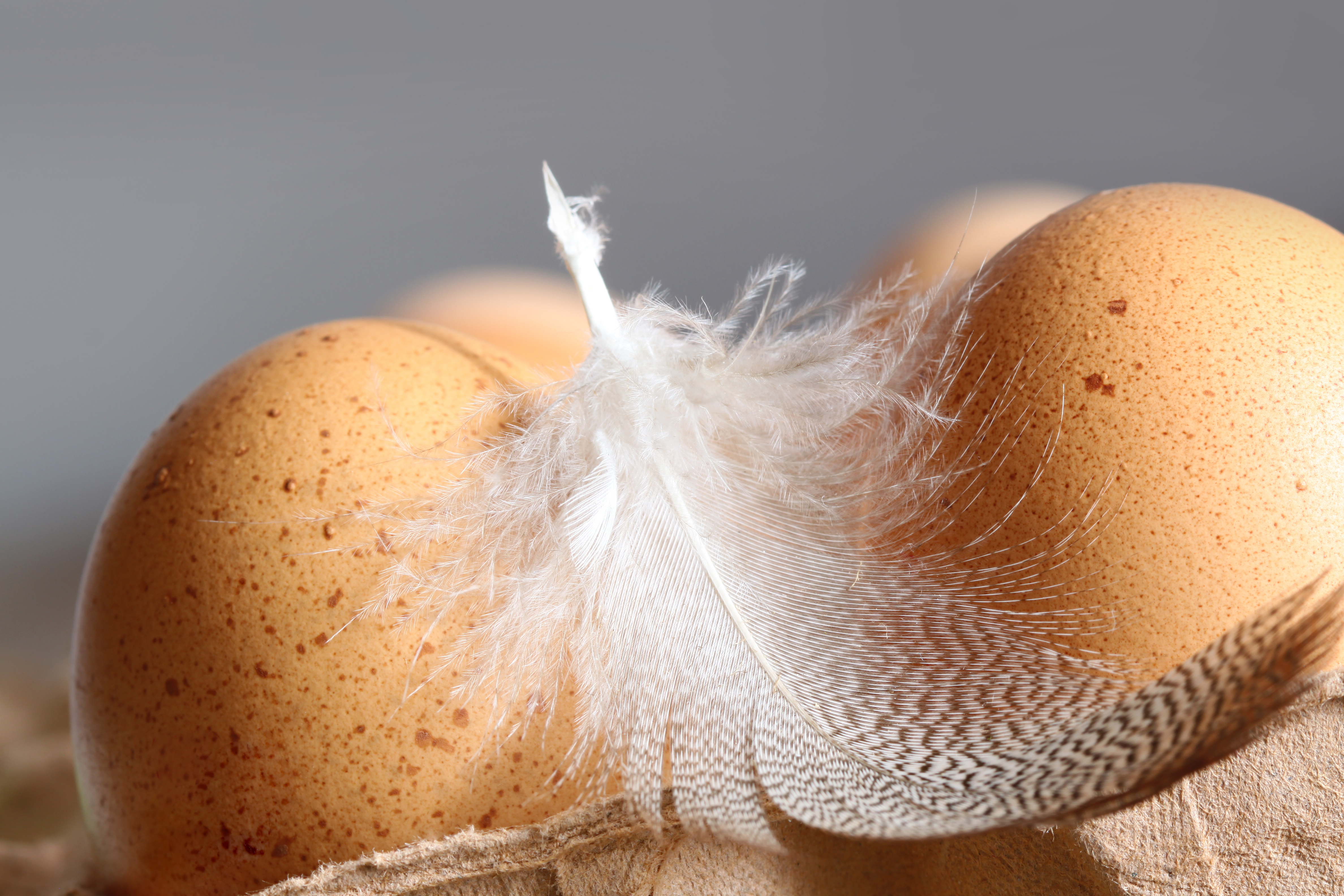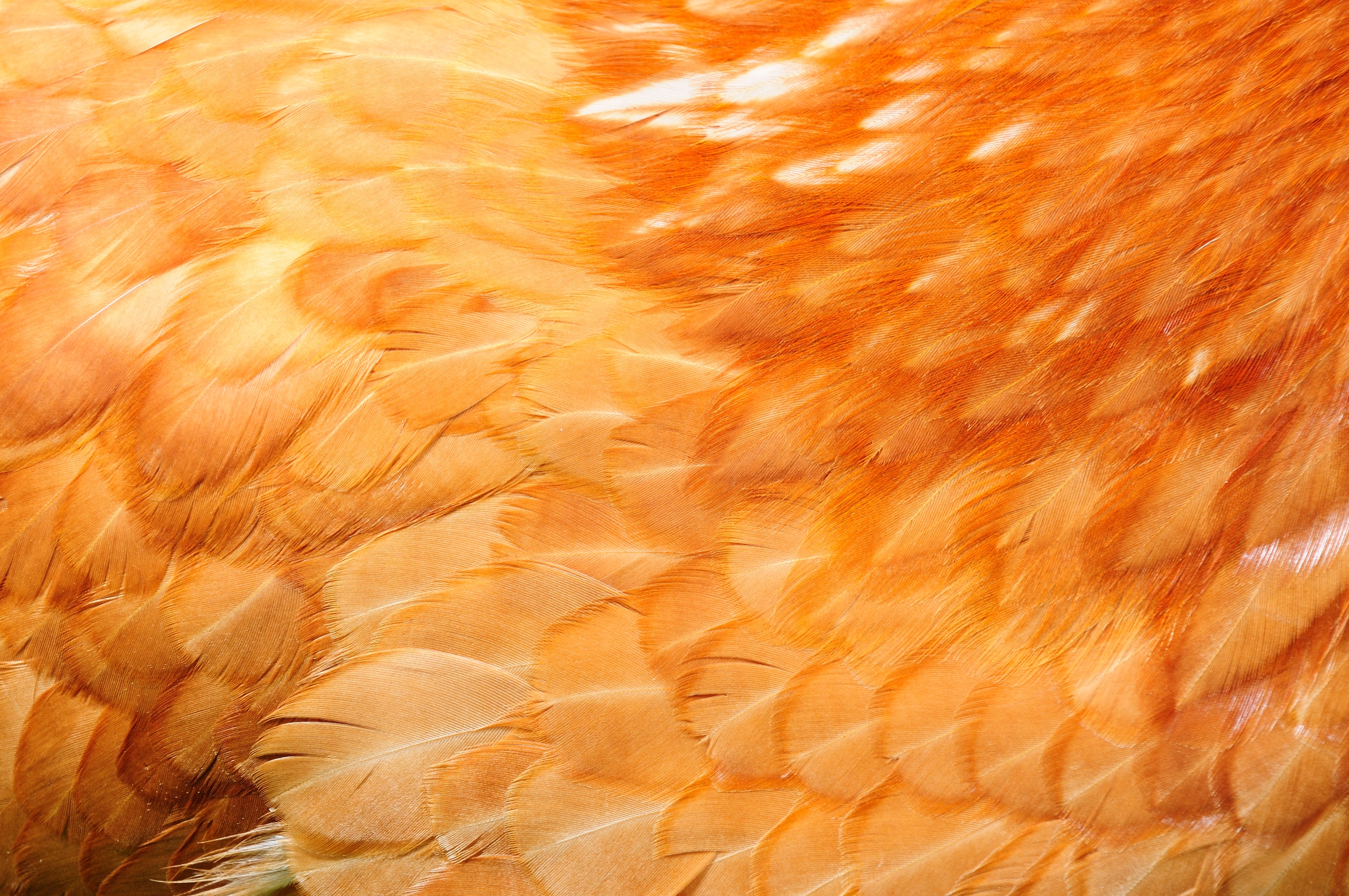



New EU project aims to convert discarded poultry feathers into valuable raw materials
Agribusinesses from seven EU countries will collaborate to transform waste from the poultry industry into bio-based products for the farm sector as part of a circular economy initiative.Farrelly & Mitchell, an Irish food and agribusiness specialist, is part of a consortium selected to bring to fruition a major project to convert poultry feathers from discarded waste into valuable raw materials. The project, under the auspices of the EU-funded Project UNLOCK and KARMA2020 initiatives, and coordinated by CIDETEC, aims to develop the methods and strategies needed to successfully drive what is regarded as an exciting development in the evolution of the circular economy.

Malachy Mitchell, Managing Director, Farrelly & Mitchell welcomed the announcement stating, “I am delighted that Farrelly & Mitchell has been selected for what looks a game-changing project in terms of the European Union’s sustainable agriculture ambitions. We look forward to working on Project UNLOCK with our partners across the EU in addressing the technical, logistical and market challenges crucial to delivering a project set to boost the circular economy. The building of economically viable, environmentally sustainable value chains are essential to driving Europe’s activities and global leadership role in combatting climate change.”
Project UNLOCK was launched on 1 May to generate new value from a waste stream that contains nearly 90% keratin, a valuable protein that can be a source for biodegradable materials Food and agribusiness specialists, Farrelly & Mitchell, will perform a central role alongside Project UNLOCK consortium partners, CEDROB, INKOA and GE-ACC in performing the feasibility studies needed to establish smart logistics strategies and efficient feather biorefineries needed to enable project fulfilment.

Background to feather-waste initiative
In Europe 3.6 million tonnes of feathers are generated per year as waste from the poultry sector. Around 25% is used for animal feed or fertilisers while the rest is disposed in landfills or incinerated. Feathers contain nearly 90% keratin, a valuable protein and potential source for biodegradable materials. The project will develop efficient conversion techniques for feather processing, enabling large-scale manufacturing of feather-based raw materials. The commercialisation of feather waste, together with the technological breakthroughs achieved during the KARMA2020 project, guarantee significant benefits to both the environment and the economy. In effect it proves that feathers will no longer be viewed as a waste product, instead regarded as valuable raw materials and a vital addition to the circular economy.
The work will facilitate profitable value chains and easy market uptake of keratin-based products. Unlocking significant environmental benefits The project is set to launch economically and environmentally sustainable value chains, leading to the generation of innovative bio-based functional products for agricultural applications.
Four different processes will valorise the feathers: from mechanical treatment to steam explosion, microbial fermentation or chemical hydrolysis, depending on the type of end products desired. The bio-based products generated will be tailored to the needs of the agriculture sector, with creation of seed trays, nonwoven geotextiles, mulch films and hydroponic foams. The keratin contained in those innovative materials bring additional environmental benefits at end of product life: keratin-based materials are targeted to be zero waste and allow for controlled biodegradability, while enriching soils with organic nitrogen.
Boost to EU sustainable agriculture ambitions
To start working on this challenging but promising initiative, the 15 European partners held an online kick-off meeting on 28 April. This made clear the strength of UNLOCK’s well-balanced consortium, that covers the whole value-chain, from feedstock and supply chain analysis to equipment, processes, end-product fabrication and sustainability assessments.
The journey to transform traditional poultry systems to circular, sustainable ones may just have started, but by the end of the project two first-of-a-kind commercial biorefineries will be established. Building on the success of the KaRMA2020 project, UNLOCK aims to make further strides toward a more sustainable European agricultural sector.









